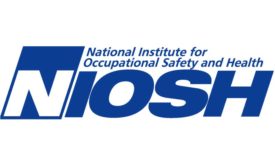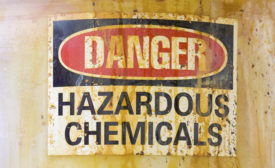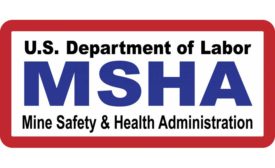News
A NIOSH Science Blog post
New software tracks health of emergency responders
October 2, 2017
A FairWarning story
Survey Finds 27% of autos being sold by CarMax are targets of safety recalls
September 29, 2017
October is Breast Cancer Awareness Month
What you need to know and how you can help
September 29, 2017
Never miss the latest news and trends driving the safety industry
eNewsletter | Website | eMagazine
JOIN TODAYCopyright ©2024. All Rights Reserved BNP Media.
Design, CMS, Hosting & Web Development :: ePublishing







